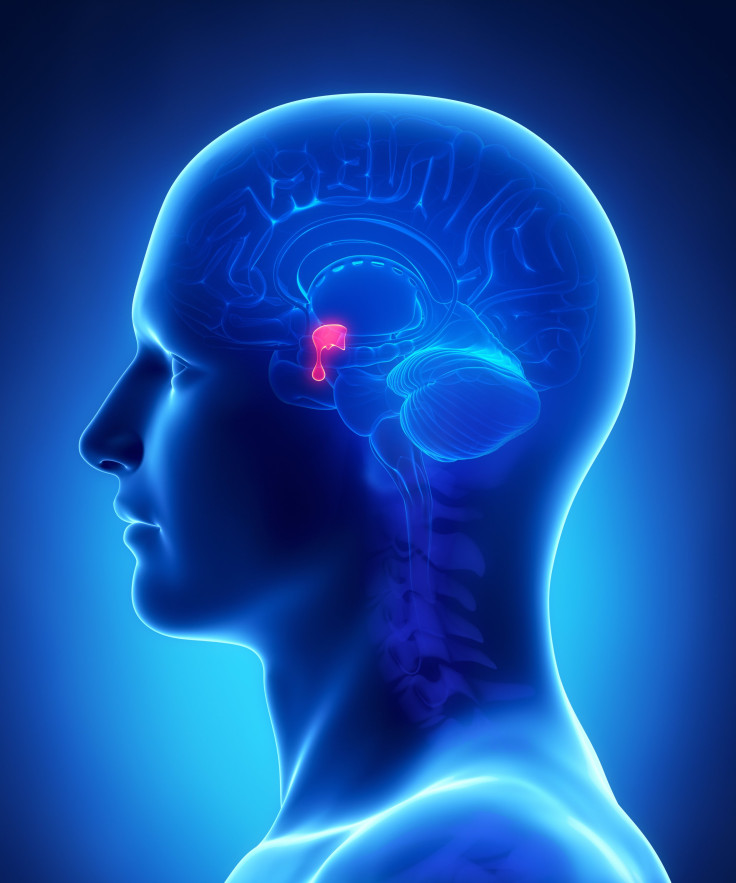Texas Teen's Brain Damage Induces Morbid Obesity; Over $70K In Online Donations To Cover Bariatric Surgery

Obesity is all too common in the United States, with more than one-third of the nation’s adults falling into this weight category, according to the Centers for Disease Control and Prevention (CDC). But one young girl in Texas who suffers from morbid obesity is getting special attention — and financial assistance — because her severe weight gain stems from a rare form of brain imbalance.
A 2011 photograph of Alexis Shapiro one month before undergoing brain surgery shows a healthy-looking 10-year-old kid. But after the successful removal of a benign tumor, the 12-year-old Texas girl is now suffering from a rare brain disorder, called hypothalamic obesity, which has made her gain 140 lbs. since the surgery. Alexis’ fast rate of weight gain has become a dire health predicament and inspired almost 1,700 people to donate more than $70,000 for a surgical procedure that her insurance company won’t cover.
The source of the health problem is a small protrusion that hangs from the bottom of the brain, called the pituitary gland, which regulates appetite. Because Alexis' previous disease had damaged this gland, she is now unable to feel satiated when an adequate amount of food has been eaten. As a result, she now weighs 198 lbs. when only 4-foot-7 in height. Weight gain is a problem even if her caloric intake remains within a healthy range due to her body being metabolically imbalanced. Doctors have concluded that gastric bypass surgery is the only recourse that will effectively alleviate this weight problem at this point.
Yet her health insurance provider, TRICARE, denied the request for the surgery (called Roux-En-Y Gastric Bypass) because she is under the age of 18 years and hasn’t achieved full bone growth. This decision to deny coverage was reached despite Shapiro’s weight-related medical problems, which include kidney infection as well as the development of type 2 diabetes.
“I think it is disappointing that they cannot see the facts of this case,” Thomas Inge, a pediatric obesity expert, told NBC News. Inge works at the Cincinnati Children’s Hospital Medical Center and will oversee Alexis' treatment. “There is no evidence that doing nothing would be in this child’s best interests.”
Alexis’ mother, Jennifer Shapioro, resorted to a fundraising site, GoFundMe, to raise the $50,000 that is needed to go through with the gastric bypass surgery, which will shrink the size of Alexis’ stomach and bring on the sense of fullness more easily. “She desperately needs this,” Jennifer told NBC News. “I feel like she will die if she does not get this surgery.”
Inge led a 2012 study that addressed the “pathological” weight gain of patients like Alexis, who had benign tumors that damaged parts of the brain’s pituitary gland and neighboring hypothalamus. Damage to these key brain areas, he explained, elicit “debilitating disorders of endocrine, neurological, behavioral, and metabolic systems” that often lead to severe cases of obesity that generally don’t respond to lifestyle intervention or pharmacological therapies. Yet the study found promising outcomes when these patients received bariatric surgery, with weight loss reaching between 20 to 30 percent of their body mass.



























